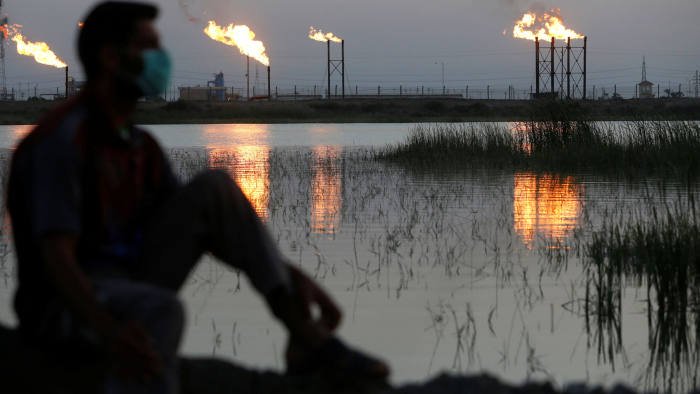
- ARAB NEWS
- 01 Jul 2025

The Paris-based International Energy Agency (IEA) predicted an unsatisfying outcome for OPEC+ since its inception in 2017. Indeed even after the group of oil exporters achieved early success in balancing the market, it has continued to publish pessimistic forecasts.
The initial focus was on a number of bearish scenarios created around the surge in shale oil which we were told would neutralize the impact of the OPEC+ cuts.
Last year the organization focused on the adverse impact of US-China trade tensions on global oil demand.
While pursuing this negative narrative, and before the impact of the coronavirus pandemic on oil demand became palpable, the IEA glossed over many important questions such as whether US shale producers would increase their production amid the drawback in drilling rigs that had already started by the end of 2019.
Indeed, it started the year with warnings about the challenges facing the oil market in 2020, while ignoring the improving fundamentals. The pattern was well established in previous years that started with an upward momentum in prices.
In trying to make sense of how this pandemic will change the energy market it is important to look to the data rather than the narrative.
Faisal Faeq
For example, it saw little supply risks amid tensions in the Arabian Gulf, but was preoccupied with the strong output of non-OPEC producers, even amid modest oil inventories across OECD countries.
In the post-pandemic world, the IEA expects to see a gradual recovery in demand that may take years to materialize.
However, the latest data from the agency indicates that total OECD commercial oil stocks increased sharply again in May to 258.5 million barrels above the five-year average.
At the end of that month, OECD stocks were more than 300 million barrels above their end-2019 level.
That is why in trying to make sense of how this pandemic will change the energy market it is important to look to the data rather than the narrative.